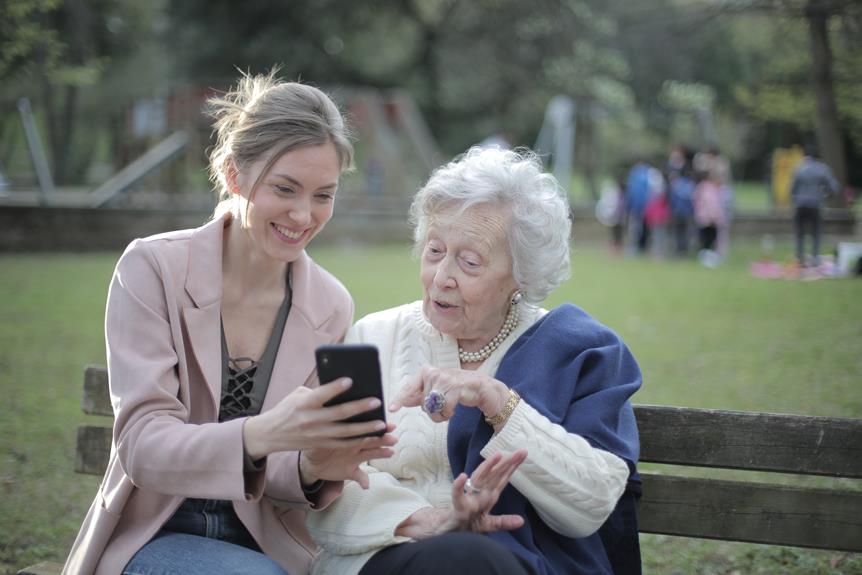Have you ever wondered if you’ll regret not visiting a dying relative? In those moments of hesitation, the conflicting emotions can be overwhelming. But here’s the thing: saying goodbye and finding closure could make all the difference.
This article explores the potential regrets and feelings of guilt that may arise from not visiting a loved one in their final moments. It offers guidance on navigating strained relationships and unresolved issues, while also balancing personal obligations and priorities.
Emotional Impact of Not Visiting
If you choose not to visit a dying relative, you may find yourself overwhelmed by the emotional impact of your decision. Our emotions are deeply connected to our relationships, especially those with our loved ones.
The decision to not visit a dying relative can lead to feelings of guilt, regret, and sadness. It’s important to recognize that emotions are a natural part of the grieving process and that it’s okay to feel these emotions.
However, it’s also important to take steps towards emotional healing. Maintaining family connections can play a crucial role in this process. Reaching out to other family members, sharing memories, and supporting one another can provide comfort and solace during this difficult time.
Potential Regrets and Feelings of Guilt
You may experience regrets and feelings of guilt if you choose not to visit a dying relative. It’s natural to question your decision and wonder if you could have done more.
Regret and forgiveness are common emotions that arise when facing the loss of a loved one. It’s important to remember that everyone copes with grief and loss differently, and there’s no one-size-fits-all approach.
It’s okay to feel overwhelmed by the weight of these emotions, but it’s also crucial to find healthy ways to process them. Seek support from friends, family, or a therapist who can help you navigate these complex feelings.
Importance of Saying Goodbye and Closure
Saying goodbye and finding closure can provide a sense of peace and resolution during the process of losing a loved one. It’s a crucial step in the healing process and can have long-term effects on your emotional well-being. Here are three reasons why saying goodbye and finding closure is important:
- Closure allows you to express your love: Saying goodbye gives you the opportunity to express your love and gratitude to your dying relative. It allows you to share your feelings, memories, and appreciation for the time you have spent together.
- Closure brings a sense of completion: Saying goodbye helps bring a sense of completion to the relationship. It allows you to acknowledge the end of a chapter and begin the healing process. Closure can help you find acceptance and move forward with your life.
- Closure reduces regrets and guilt: When you say goodbye, you can avoid regrets and feelings of guilt that may arise later. By taking the time to say goodbye, you can find peace in knowing that you did everything you could to honor your relationship and support your loved one.
Navigating Strained Relationships and Unresolved Issues
Wondering how to navigate strained relationships and unresolved issues when a dying relative is involved? It can be incredibly challenging to face these difficult dynamics during such an emotional time.
The truth is, healing wounds and embarking on a forgiveness journey can be a complex process, but it isn’t impossible. Start by acknowledging the pain and hurt that exists between you and your relative. Take the time to reflect on your own emotions and consider seeking therapy or counseling to help navigate these complex emotions.
Balancing Personal Obligations and Priorities
When faced with the dilemma of balancing personal obligations and priorities in the context of a dying relative, it can be difficult to determine the best course of action. Time management becomes crucial during such challenging times, as you strive to fulfill your responsibilities while also being present for your loved one.
Here are some communication strategies that may help you navigate this delicate situation:
- Prioritize: Assess your personal obligations and determine which ones are essential, allowing you to create time for visiting your relative.
- Delegate: Seek support from family members or friends who can help with tasks or responsibilities, giving you more time to spend with your loved one.
- Open communication: Communicate openly with your employer, colleagues, and friends about your situation, so they understand your need for flexibility and support.


